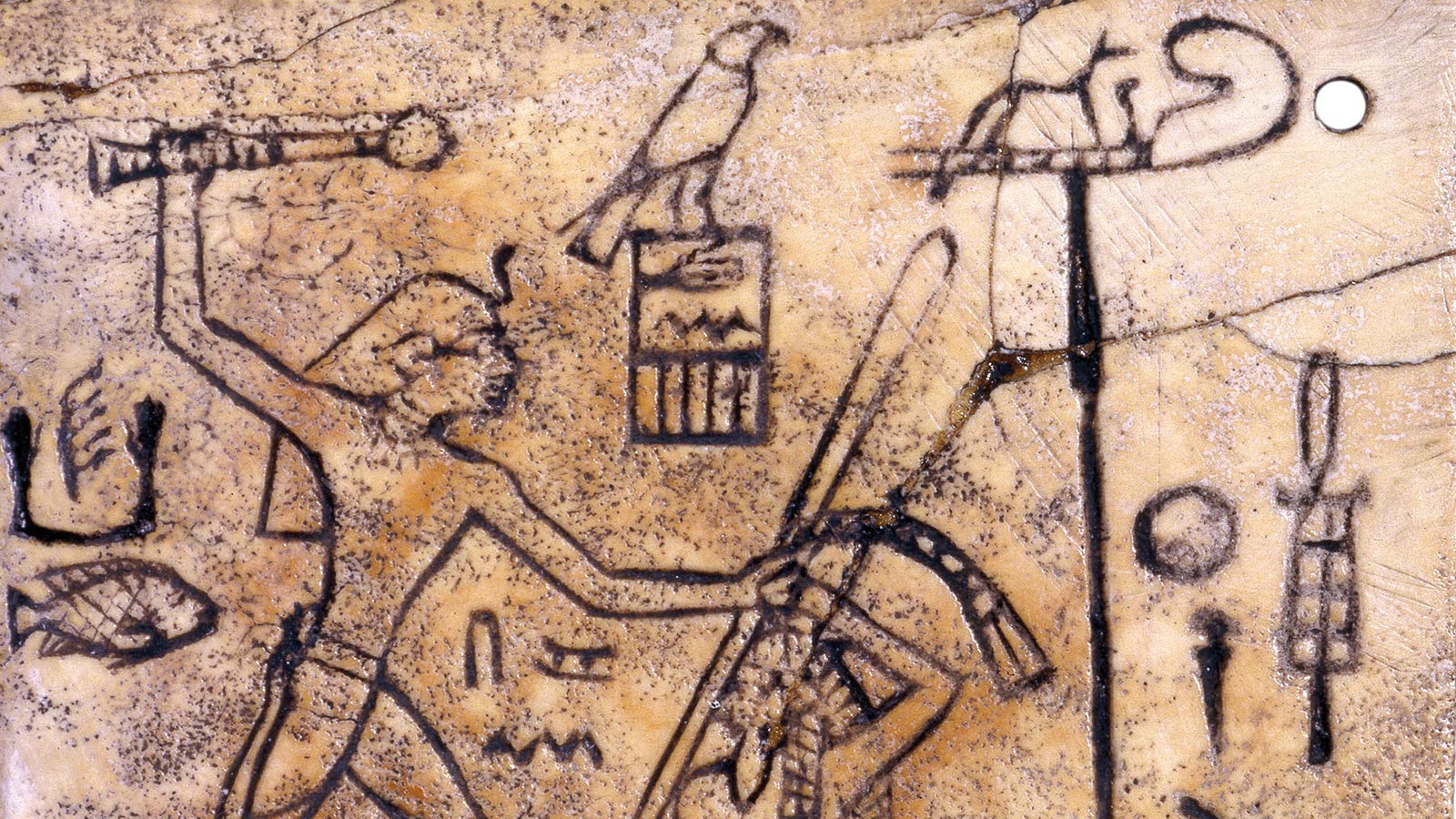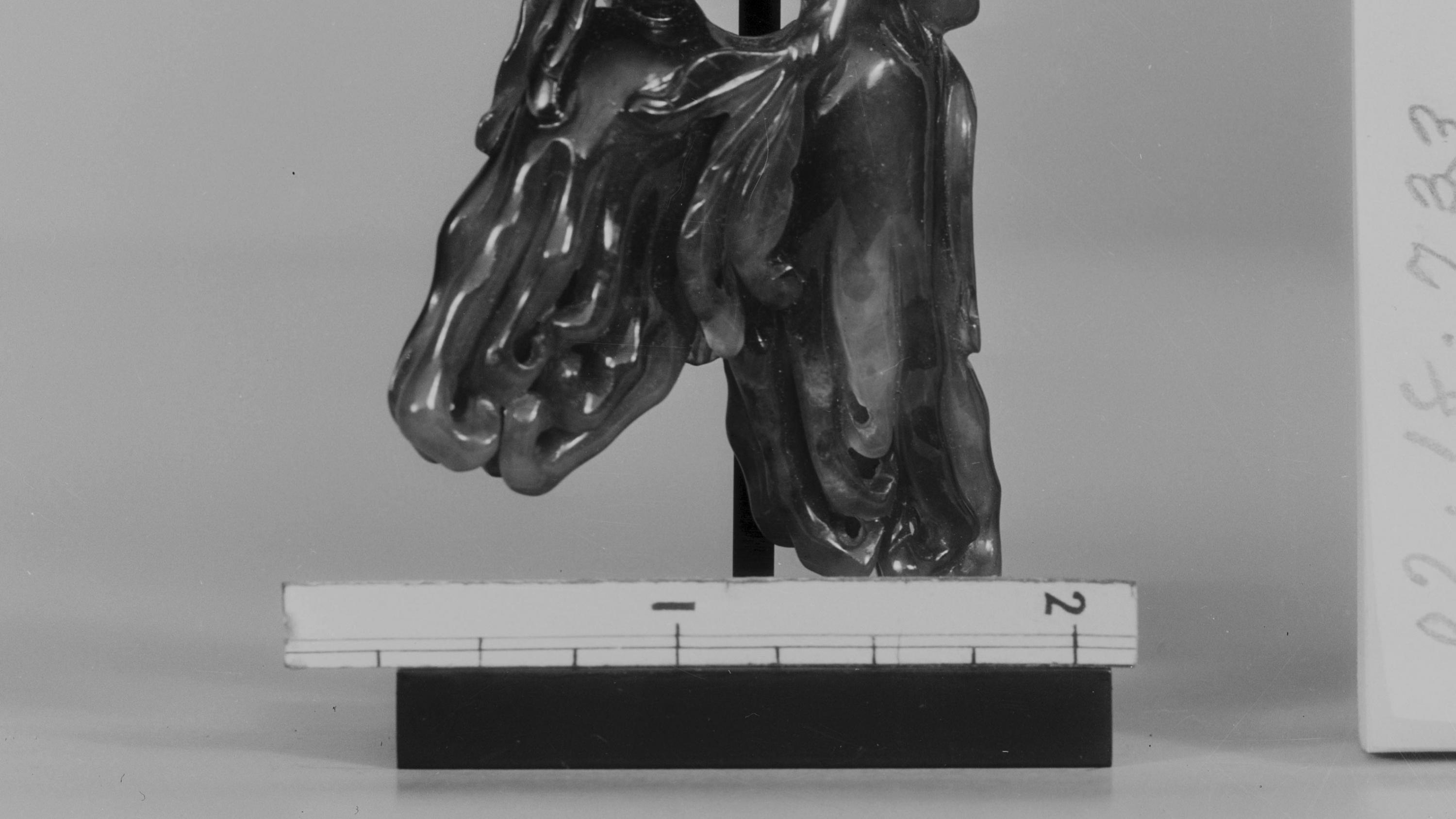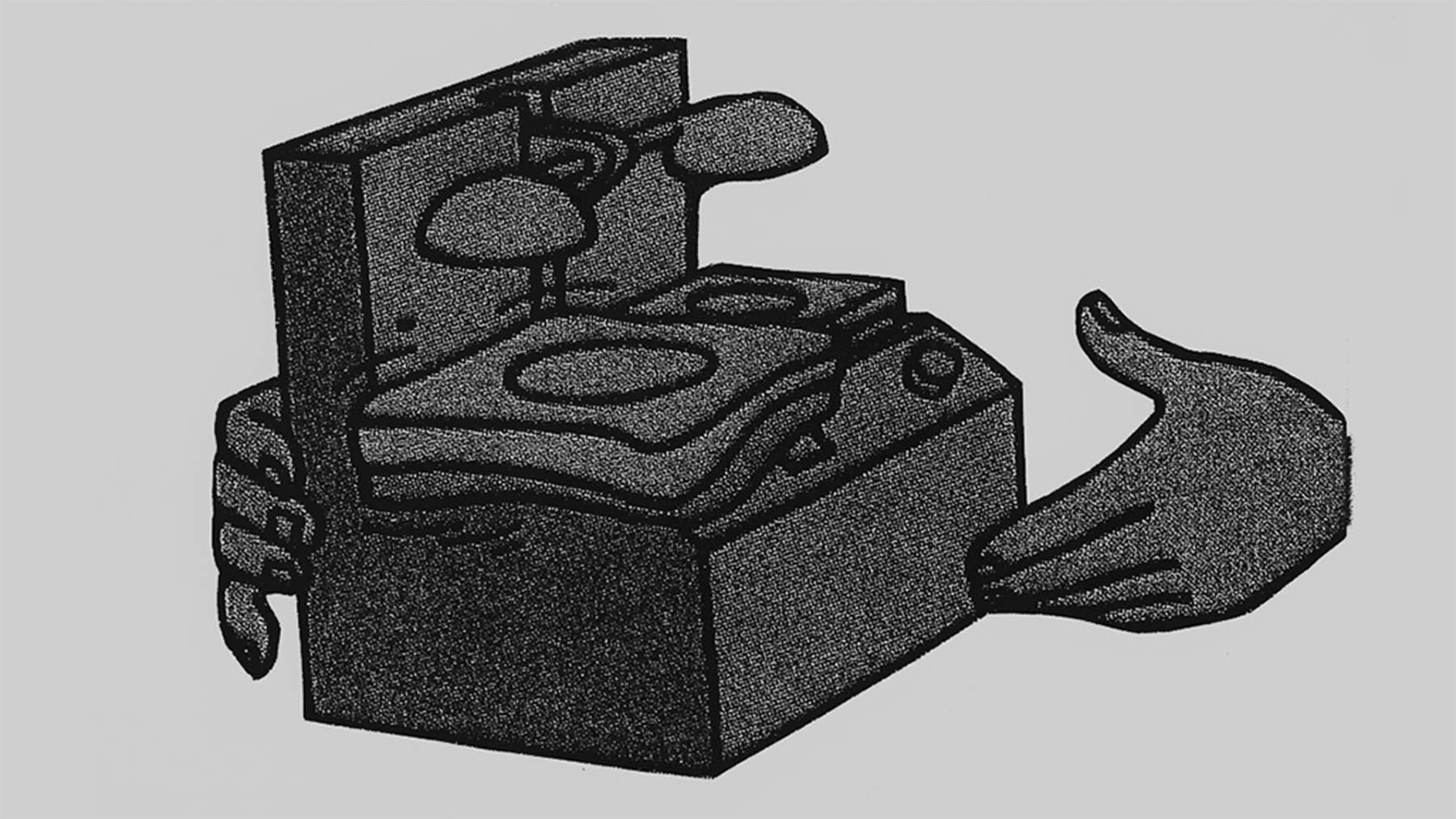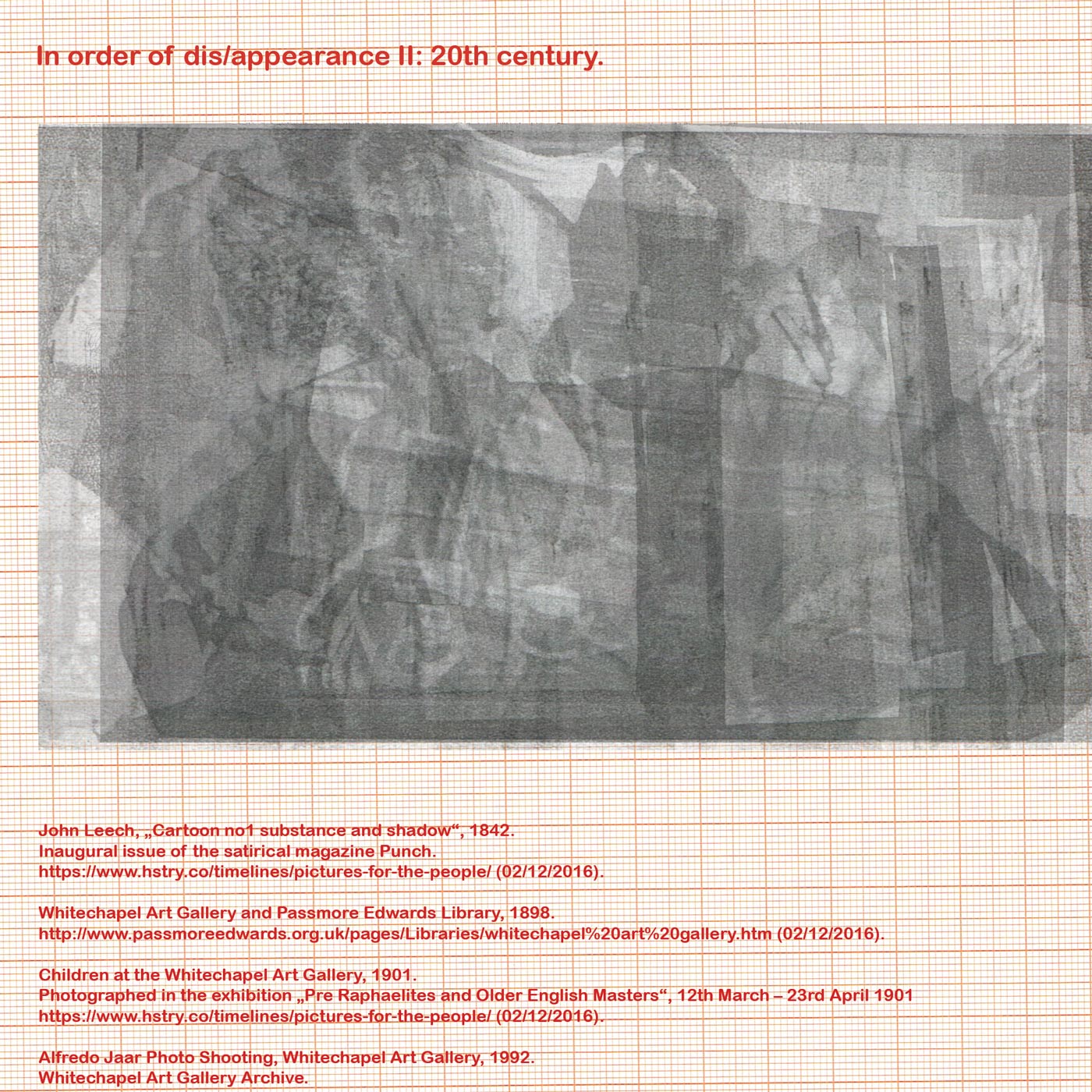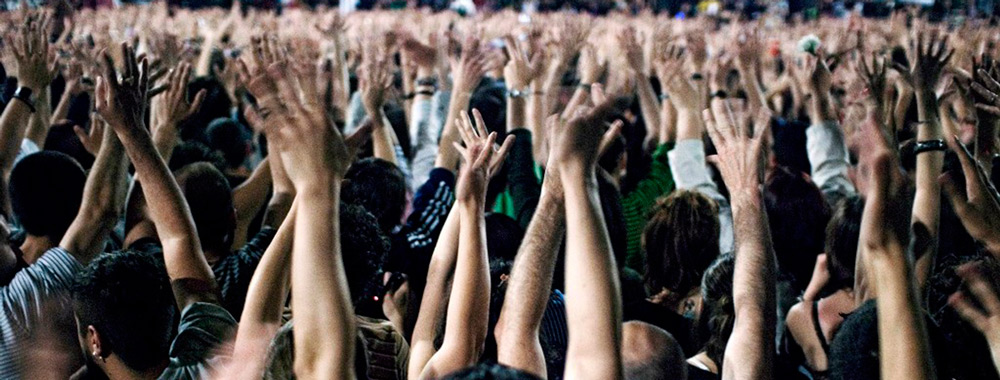The Middle Kingdom
16.05.2017 – 28.11.2017
A programme of seminars and reading groups as part of a research project of Oriol Fontdevila
With: Luc Boltanski & Arnaud Esquerre, Lars Bang Larsen & Søren Andreasen, Carmen Mörsch and Isabell Lorey
Seminars: 16 May to 17 October
Reading groups: 6 June to 28 Novembre
The Middle Kingdom is a programme of seminars, a reading group and a research project that present a constellation of concepts relating to mediation. While the concept of “mediation” (Vermittlung) was to some extent considered provisional and disdained when it was invented by German idealism, in the contemporary world it is seen as an unavoidable challenge: from a performative and materialistic perspective, mediation is now the very condition of possibility for antagonism, and therefore a germ for art and critical thinking.
The Middle Kingdom is an expression that was introduced by Bruno Latour in his Nous n’avons jamais été modernes (1991) to refer to modernity’s repression of the work of mediation. “After the work of mediation, that of purification always began”, says Latour, so the moderns cleaned up the traces of miscegenation that precede the emergence of any phenomenon. Therefore, presenting the Middle Empire now involves going beyond the established epistemological limits and opening the black box of power.
Seminars programm:
16 May
Luc Boltanski & Arnaud Esquerre
How to make profit with enriched objects
Simultaneous translation French – Catalan
Espai 4. 7pm
Free entry. Limited places
Objects exchanged for prices that are high or very high in relation to the most common prices, the luxury industry, the contemporary art market, heritage creation, tourism: all these activities constitute what we call an “enrichment economy”. One might raise the objection that the existence of a sphere of exclusivity and luxury is really nothing new. However, viewed in terms of the development of riches, the sphere we need to outline is distinguished from the industrial world by many traits and has significant economic and social consequences, to the point that we can create a schematic table of two ideal types of economy. An economy centred on industrial production can be opposed to an economy centred on processes of “thing-enrichment”. These processes are based on the “#collection form#”. One of the original features of this “collection form” is that it makes room in the capitalist cosmos for increasing the value of things from the past (which may have undergone a period of decline) and things that are recent but are treated as if they were destined to become immortal.
Luc Boltanski is head of studies at the École des Hautes Études en Sciences Sociales in Paris. He is the author of numerous books, of which the most recently translated into English are Mysteries and Conspiracies: Detective Stories, Spy Novels and the Making of Modern Societies, On Critique: A Sociology of Emancipation and The Foetal Condition: A Sociology of Engendering and Abortion.
With Arnaud Esquerre, Luc Boltanski has co-authored Enrichissement. Une critique de la marchandise (2017) and a volume on the expansion of ‘rightism’ [right-wing politics] in French politics and thought: Vers l’extrême: Extension des domaines de la droite (2014).
Arnaud Esquerre is a researcher at the Centre Nationale de Recherche Scientifique in Paris. He has written two books, one on the sociology of contemporary astrology (Prédire: L’astrologie en France au XXIe siècle) and one on the sociology of “cults” in France (La manipulation mentale: Sociologie des sectes en France). He has also written a work on the disposal of dead bodies and has published most recently a book on testimonies of encounters with UFOs and extraterrestrials, under the title Théorie des événements extraterrestres: Essai sur le récit fantastique (2016).
27 June
Lars Bang Larsen & Sᴓren Andreasen
Mediators are subjects engaged in interactions that effectuate leaks, slippages and suspensions
Simultaneous translation English – Catalan
Espai 4. 7pm
Free entry. Limited places
Contemporary culture is haunted by multiple spectres, whether they are discourses of origin or naturalizations of mediation, but also by its lack of concepts for those types of mediation that effectuate movements without progress rather than representation, stabilization and control. In a sense, there is no more need for explanation: as mediators who are positively interested in mediation we expect to be carried away. In our lecture-discussion we will talk through a patchwork of mediatory practices capable of arriving at less probable destinations.
Søren Andreasen is an artist based in Copenhagen. Recent exhibitions include The 8th Climate, the 11th Gwangju Biennale (2016), The Real After Psychedelia, CAC Vilnius (2015), Literacy-Illiteracy, 16. Tallinn Print Triennale (2014), Leisure, Discipline and Punishment, Contour 6, Mechelen (2013). Recent publications include Mass and order 2, mediabus (2016), Will and Nerve Force in relation to Symbolic Culture, Space Poetry (2013) and, with Lars Bang Larsen, The Critical Mass of Mediation, Internationalistisk Ideale (2012/2014). www.sorenandreasen.net.
A writer, curator and art historian, Lars Bang Larsen is a guest lecturer at the HEAD in Geneva. He has (co-)curated group exhibitions such as Incerteza Viva, the 32nd Bienal de São Paulo, Reflections from Damaged Life (Raven Row, London 2013) and Georgiana Houghton: Spirit Drawings (Courtauld Gallery, London 2016). His books include The Model. A Model for a Qualitative Society 1968 (2010), Networks (2014) and Arte y norma (2016). His PhD on art and psychedelia was entitled ‘A History of Irritated Material’.
12 September
Carmen Mörsch
Art mediation and coloniality
Simultaneous translation English – Catalan
Espai 4. 7pm
Free entry. Limited places
This seminar will discuss ways in which feminization and paternalism in art mediation have been constructed historically. Thereby, a few considerations will be brought forward in regard to a) the fact that this field still is dominated by a female workforce and b) the fact that the field’s hegemonic discourse about a deficient Other, who can be rectified/rescued by means of art education, is grounded in modernism, hence the establishment of nation states, colonial empires and capitalism. Interdependently, since its inception, this field has also offered spaces for resistance, appropriation and subversion. It is thus a space where the struggle for hegemony is taking place. This seminar is an invitation to consider collectively possibilities and potentials of art mediation understood as a critical, decolonial and transformative practice in contemporary times and from a global perspective.
Prof. Carmen Mörsch is head of the Research Institute for Art Education at the University of Arts, Zurich, Switzerland: http://iae.zhdk.ch. Her research interests include the history and present of artists in education; collaborative and transformative practices in art and education; art education; and queer/postcolonial theory. She is a member of the network “Another Roadmap for Art Education”, which unites researchers and practitioners who seek to analyse and develop art education in an emancipatory and decolonizing perspective: http://another.zhdk.ch/.
17 October
Isabell Lorey
Presentist democracy and the unmediatable
Simultaneous translation English – Catalan
Espai 4. 7pm
Free entry. Limited places
The representation and identity-critical movements of occupying squares since 2011 have been inventing new forms of democracy for which I have proposed the term ‘presentist’. These new democratic practices can also be found in some municipal governments of Spain. Presentist democracy does not mean simply the negation or the other side of political representation. Presentism is not in a dichotomous relation to re-presentation, but rather it emerges through a break with identitarian confrontations between ‘us’ and ‘them’, through an exodus from dualisms between refusal and engagement or consensus and conflict. In the midst of presentism, such an exodus opens up a breach for transversal constituent processes, for politics beyond the idea of mediation. If presentism is not that what is immediate and authentic, what can intercession mean in a presentist democracy?
Isabell Lorey, political theorist at the European Institute for Progressive Cultural Policies (eipcp), and co-editor of the experimental publication platform transversal texts. She is professor for Gender Politics at the Institute for Political Science of the University of Kassel. She taught social and cultural sciences, feminist and postcolonial theory at the Humboldt-University in Berlin and the Universities of Vienna and Basel. Her research interests focus on the ‘precarization’ of labour and life in neoliberalism, social movements, critical theory of democracy and representation, and political immunization. Her recent books include: Figuren des Immunen. Elemente einer politischen Theorie (diaphanes, 2011), State of Insecurity. Government of the Precarious (Verso, 2015); Presentist Democracy (2018). You can find more of her texts in Spanish here: http://transversal.at/bio/lorey.
Reading group:
Advance booking on the phone 93 316 12 86, Tuesday to Friday from 1 to 5 pm
6-9 pm. Virreina LAB
Free entrance. Limited capacity
Sessions led by Oriol Fontdevila based on the discussion of various texts and the presentation of case studies. The sessions will also serve to explore the issues presented in parallel by the various guests in the programme of seminars.
6 June - Presentation: The Middle Kingdom
4 July - Mediation as a channel for difference
3 October - Art as an agent of mediation. CANCELLED
7 November - Ontologies of mediation
28 November – Conclusions
Oriol Fontdevila is a curator, writer and researcher specialized in art practice and education. His research on mediation was carried out with the support of a grant from the Museo Nacional Centro de Arte Reina Sofía - MNCARS (La mediación performativa, 2015-2016) and will be published in 2017 by Consonni as an essay entitled El arte de la mediación. www.oriolfontdevila.net



